Ali Shamkhani, a top advisor to Iran's Supreme Leader Ali Khamenei, has been killed in the Israeli airstrikes, multiple informed sources confirmed to Iran International.
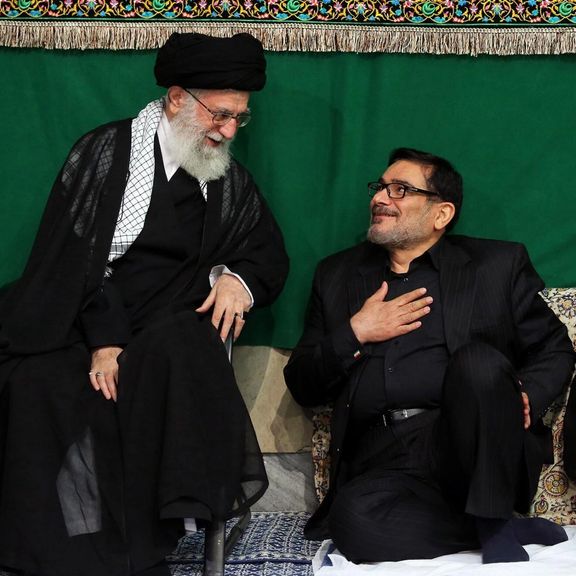
Ali Shamkhani, a top advisor to Iran's Supreme Leader Ali Khamenei, has been killed in the Israeli airstrikes, multiple informed sources confirmed to Iran International.

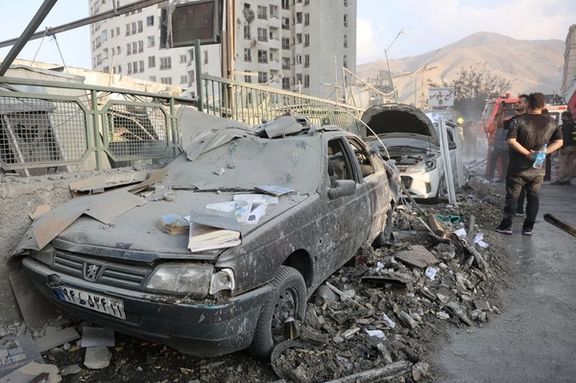
A senior Israeli official told Iran International that leaders' homes and not civilians were targeted in airstrikes in Tehran, as Iranian state media announced the death of the Revolutionary Guards chief Hossein Salami.
"Homes of senior military and political officials were targeted in Israeli airstrikes in Tehran," a senior Israeli political official told Iran International, speaking on condition of anonymity.
"Civilians are not the intended targets," the official added.
Iran International was the first media outlet to publish official confirmation of the Israeli attack on Iran and its targets.
State news outlet IRNA reported that Hossein Salami, the head of Iran's Islamic Revolutionary Guard Corps, along with another top commander and two senior nuclear officials were killed.
Ali Shamkhani, an advisor to Supreme Leader Ali Khamenei, was seriously wounded during an attack on his residence and has been transferred to a hospital in Tehran in critical condition, Nour News, a media outlet close to the Supreme National Security Council reported.
Khamenei is alive and being briefed on the situation following Israel's attack on Iran, Reuters reported citing a security source.
"Homes of senior military and political officials were targeted in Israeli airstrikes in Tehran," a senior Israeli political official told Iran International, speaking on condition of anonymity.
"Civilians are not the intended targets," the official added.
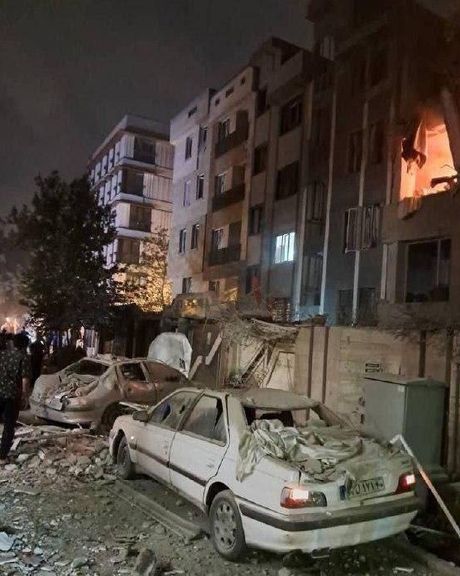
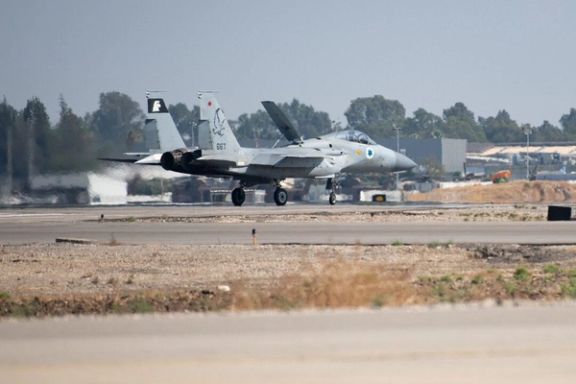
A senior Israeli official has warned that Israel is ready to launch a military strike on Iran if the next round of nuclear talks between Tehran and Washington, set for Sunday in Oman, fail to yield results.
The official, speaking to Iran International, said Israel is closely monitoring developments and could act unilaterally if necessary.
“The United States would require approximately three days to evacuate non-essential diplomatic personnel and their families from the region,” the source said. “That evacuation process reportedly began on Wednesday and is expected to be completed by Sunday, aligning with the timeline for the talks.”
According to multiple sources, the United States has already begun evacuating non-essential diplomatic personnel and their families from the region.
Israeli media reported Thursday that Strategic Affairs Minister Ron Dermer and Mossad Director David Barnea are set to meet US Special Envoy Steve Witkoff ahead of the talks in Oman.
Witkoff, speaking at an event for the Israeli medical charity United Hatzalah in New York on Wednesday, stressed that Iran must be permanently denied the ability to develop nuclear or missile capabilities.
“We must stand resolute and united against this danger and ensure that Iran never obtains the means to achieve its deadly ambitions no matter what the cost,” he said.
A senior Iranian official told Reuters that a regional ally had informed Tehran of the potential for an Israeli strike. "The tensions are intended to influence Tehran to change its position about its nuclear rights," the official said, but emphasized that Iran would not compromise on its right to uranium enrichment.
US President Donald Trump said Wednesday that American personnel were being withdrawn due to increasing threats in what he described as a “dangerous place.” He added that Washington remains committed to preventing Iran from acquiring a nuclear weapon.
Iran's Islamic Revolutionary Guard Corps (IRGC) issued a warning Thursday. “If our hands are untied, we will win victories that will make the enemy regret its actions,” IRGC commander-in-chief Hossein Salami said, signaling Iran’s readiness for any military confrontation.
An IRGC-affiliated outlet, Javan, warned that Tehran was prepared to walk away from negotiations if its national demands were not met, saying that Iran was negotiating “from a position of strength” and possessed sufficient nuclear expertise to act as a deterrent.
The New York Times, citing a senior Iranian official, reported Wednesday that Iranian military and government leaders had already held high-level meetings to discuss their response to any possible Israeli military strike.
Attacking Iran without US help
NBC News reported Thursday that while Israel would prefer to coordinate with the US, including intelligence or logistical support for strikes on Iranian nuclear facilities, it is prepared to act alone.
“While Israel would most likely prefer US military and intelligence support... it showed in October that it can do a lot alone,” the report said.
The same report cited five sources saying that Israel’s considerations of unilateral military action have intensified as the US inches closer to a preliminary deal with Tehran—one that reportedly includes provisions on uranium enrichment that Israel finds unacceptable.
US evacuating Baghdad embassy
Tensions have also led to regional security measures with the US embassy in Baghdad set to be evacuated partially.
Iraq’s state news agency also reported that steps to evacuate US personnel were underway not only in Iraq but across several Middle Eastern countries.
The UK Maritime Trade Operations (UKMTO) issued a security advisory on Wednesday, warning that increased regional tensions could impact maritime safety.
“UKMTO has been made aware of increased tensions within the region which could lead to an escalation of military activity having a direct impact on mariners,” the alert read.
The Washington Post reported Wednesday that the nuclear talks might not proceed as planned, citing two US officials who described the diplomatic environment as rapidly deteriorating.
Iran’s Defense Minister Aziz Nassirzadeh warned on Wednesday that Tehran would target American bases in the region if negotiations collapse and hostilities break out. “If a conflict is imposed on us... all US bases are within our reach and we will boldly target them in host countries,” he said.
Despite the rising tensions, Oman’s Foreign Minister Badr al-Busaidi confirmed Thursday that the sixth round of US-Iran nuclear negotiations will proceed as scheduled on June 15.
Israel is prepared to carry out a military strike against Iran if negotiations with the United States fail during the upcoming round of talks set for Sunday, a senior Israeli politician told Iran International.
"Preparations are in place, and the United States would need roughly three days to evacuate non-essential diplomatic staff and their families from the region—a process that began Wednesday and is expected to conclude by Sunday, coinciding with the talks' timeline," the official said.
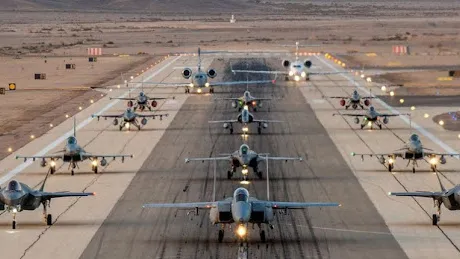
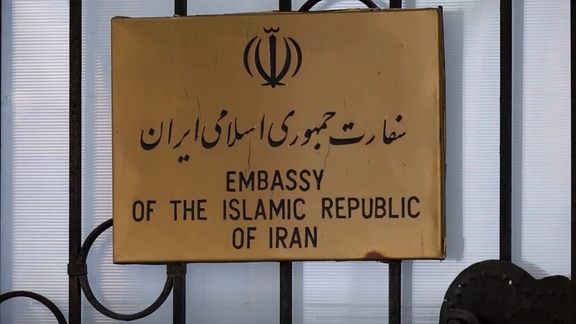
Iran uses its overseas missions to covertly surveil dissidents and fund influence operations via state-backed cultural initiatives, multiple former Iranian diplomats and embassy staff members told Iran International.
Their accounts document a sprawling overseas network operating under direct orders from the Supreme Leader’s office and the Islamic Revolutionary Guard Corps intelligence arm well out of step with common diplomatic practice.
“Every embassy has a list. People to watch. People to engage. People to silence,” an Iranian former diplomatic employee told Iran International.
“It’s not foreign policy—it’s field execution,” another told Iran International. “The people sent abroad are on assignment, not appointment.”
Their account outlines a foreign service shaped not by diplomacy but by ideology, surveillance and illicit finance.
According to these individuals—whose names are withheld for their safety—Iran’s diplomatic missions double as intelligence gathering hubs tasked with tracking dissidents, surveilling student communities and delivering cash and equipment under the protection of diplomatic immunity.
UK authorities detained eight men in May, including three charged under the National Security Act for surveilling Iran International journalists on behalf of Tehran between August 2024 and February 2025.
It was not clear whether the charges related in any way to the Iranian embassy in London.
Iran’s foreign ministry denounced the charges as politically motivated, but former officials say such actions are core to the Islamic Republic’s overseas agenda.
Iran’s embassies maintain the outward structure of any diplomatic mission—ambassadors, attachés and advisers—but according to the sources, the roles often serve as cover.
“A person listed as a translator might actually coordinate funds for proxy groups,” said one of the former diplomats. “Titles are just for appearances.”
In one high-profile case, Iranian diplomat Asadollah Asadi used his status to transport explosives intended for an opposition rally in Paris. His 2021 conviction in Belgium exposed how far such dual roles can go.
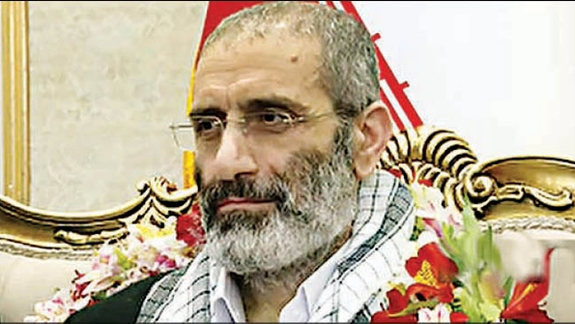
Another ex-staffer recalled colleagues arriving in Istanbul and Baku with briefcases of undeclared dollars. “They know no one will search their bags,” he said.
Cultural attachés, especially those linked to the Islamic Culture and Communications Organization, are said to organize religious events abroad that double as screening grounds for potential recruits.
Germany shuttered the Islamic Center of Hamburg in July over its ties to Tehran and what the Interior Ministry called promotion of extremism and antisemitism.
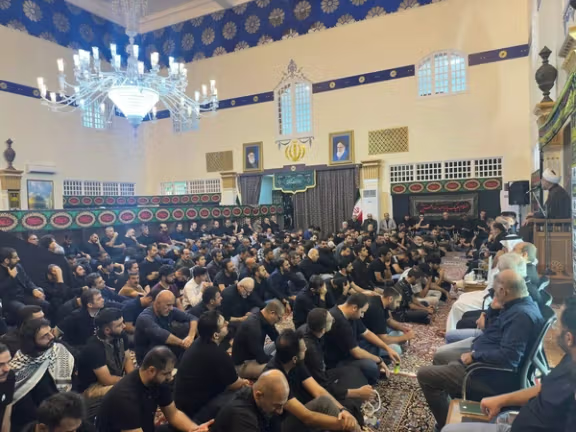
The diplomatic corps itself, sources say, is dominated by the sons of clerics and system insiders.
“Your father is a Friday prayer leader? Your uncle is close to the Supreme Leader? You’re in,” said one.
Posts rarely align with professional background; language skills and experience are often secondary to loyalty.
Though often expelled or exposed, the structure endures. Loyal staff are rotated across continents with little interruption.
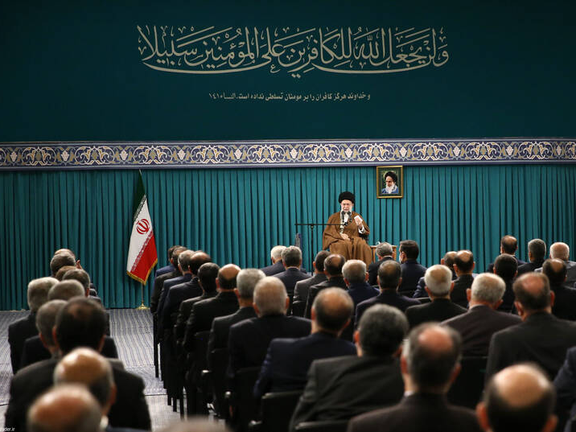
“Each post is a mission. If you complete it to the system’s satisfaction, you’re held in reserve for the next,” one former diplomat said.
The network’s reach is enhanced by front organizations. The Imam Khomeini Relief Foundation has been linked to Hezbollah financing. The Iranian Red Crescent has faced accusations of being used by Quds Force operatives for weapons transport. IRGC members have admitted posing as aid workers during the Bosnian war.
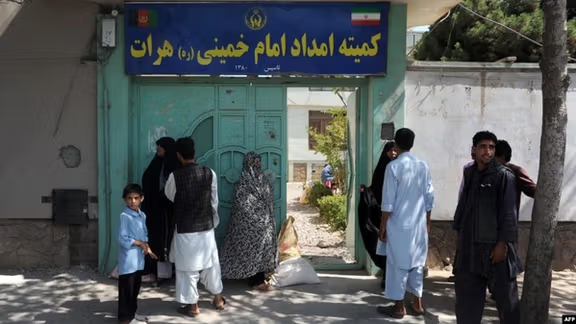
IRIB outlets—Press TV, Al-Alam, Hispan TV—have functioned as propaganda arms and intelligence fronts. France expelled one of their journalists in 2011 for spreading state messaging.
The Iranian Red Crescent and the IRGC officially denied these remarks, saying that any such actions were unauthorized and not representative of their organizations.
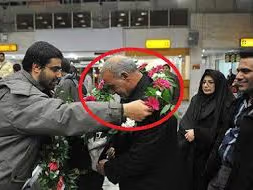
Despite the rhetoric of resistance, many live in luxury. One former ambassador’s Paris residence cost over €40,000 per month.
“They send their kids to secular schools while preaching Islamic values,” said another. Leaked records show senior envoys receiving up to $12,000 monthly, with generous stipends and ceremonial budgets.
“It’s both reward and insulation,” an ex-diplomatic employee said. “The system buys loyalty with luxury—and distances them from the reality of ordinary Iranians.”
What emerges is not a diplomatic corps, but a global extension of Iran’s security state—trained, titled, and deployed to safeguard the Islamic Republic, not represent it.